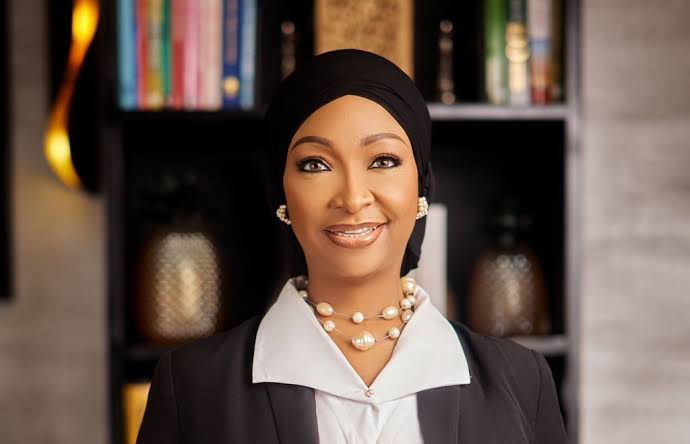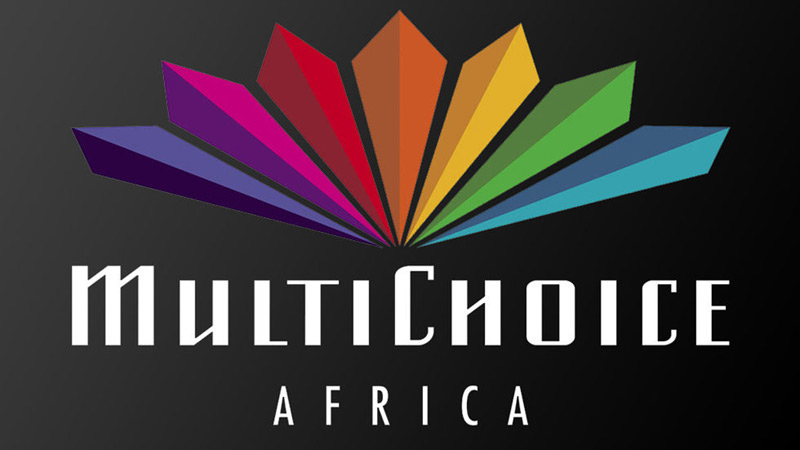By Seun Johnson
The Nigerian Creative economy is expected to contribute a whooping $100 billion to the Gross Domestic Product (GDP) by 2030.
This was stated on Tuesday by the Minister of Art, Culture and Creative Economy, Hannatu Musa-Musawa while addressing the large gathering at the 2024 edition of Ojude-Oba festival held in Ijebu Ode, Ogun State.
The Minister revealed that the eight-point agenda she introduced in the ministry is already driving the pursuit of the projection.
According to her, one of the things they considered in terms of potential of the industry was its ability to create an economic expansion. She disclosed that her team came up with a very ambitious goal of trying to contribute at least $100 billion to increase the GDP by 2030 or 2031, and this has the potential to accelerate economic growth.
Speaking on the rationale behind the creation of the ministry, Musa-Musawa explained that President Bola Ahmed Tinubu created the ministry with the aim of diversifying the nation’s economy.
“The president is committed to diversifying from our normal means of revenue, which is oil. In that diversification, he created this amazing ministry – art, culture, and the creative economy – the first of its kind in Nigeria.
“When I got this job, I decided to approach it from a ground zero point of view because I really felt that not much had been done in the space, to create a fortifying sort of industry-specific structure.
“The basic things that are needed to put a foundation were not there, so we approached it from a ground zero perspective,” She noted.
Also touching on her eight-point agenda, the Minister stressed that the agenda centres on making Nigeria a global creativity hub, engaging in skill acquisition for members of the industry and capacity building so that they will be better positioned for job creation.
She highlighted capacity building/training of individuals across the sector; public-private partnerships (PPP) for infrastructure renovation/construction; partnerships and collaborations; job creation; GDP contribution; cultural heritage; soft power; and stakeholder engagement as part of the agenda.
On job creation, she hinted that her ministry is hoping to create at least two million jobs by 2027.
In her words: “Part of our own mandate is to engage the younger demography in almost everything that we do. This is all part of job creation, and I have all my agencies pursuing that goal.”
She however revealed the plans of this administration to establish creative hubs in the six geo-political zones of the country.






Comment
No comments found.